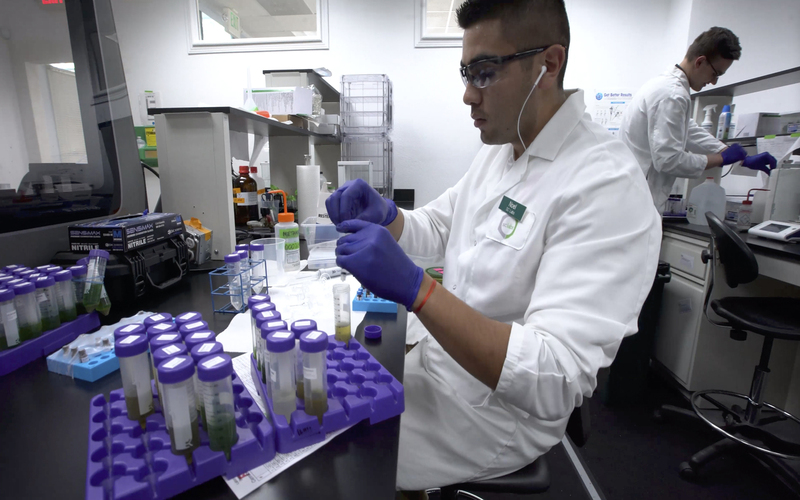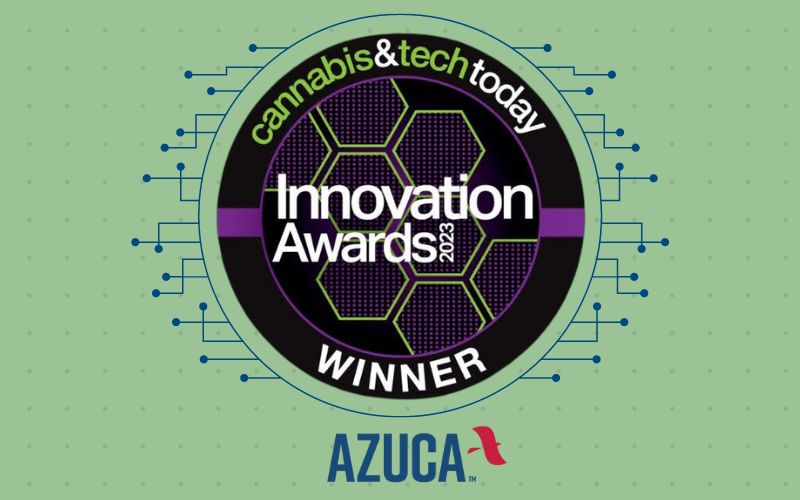According to current predictions from market research firm BDSA, the U.S. hemp and CBD market could hit $20.5 billion by 2025. But, the highly variable landscape from state to state threatens this potential growth. This regulatory fragmentation must be resolved before the market reaches the forecasted 40% compound annual growth rate.
Now, however, the dispersed regulatory puzzle pieces of the U.S. consumer hemp market may be coming together, thanks to the team of scientists at SC Laboratories, Inc. (SC Labs). Inspired by a request from an international retailer, SC Labs has pioneered the first-ever national hemp testing panel.
With more than a decade of expertise in Oregon, California, and Colorado (pending), SC Labs is an industry leader in education, testing methodology, and consumer safety.
In a recent interview, Alec Dixon, co-founder and director of client relations, and Josh Wurzer, president and co-founder, discussed how these foundational principles formed the basis of the hemp and CBD testing panel — solving the fragmented nature of the American CBD market for the first time.
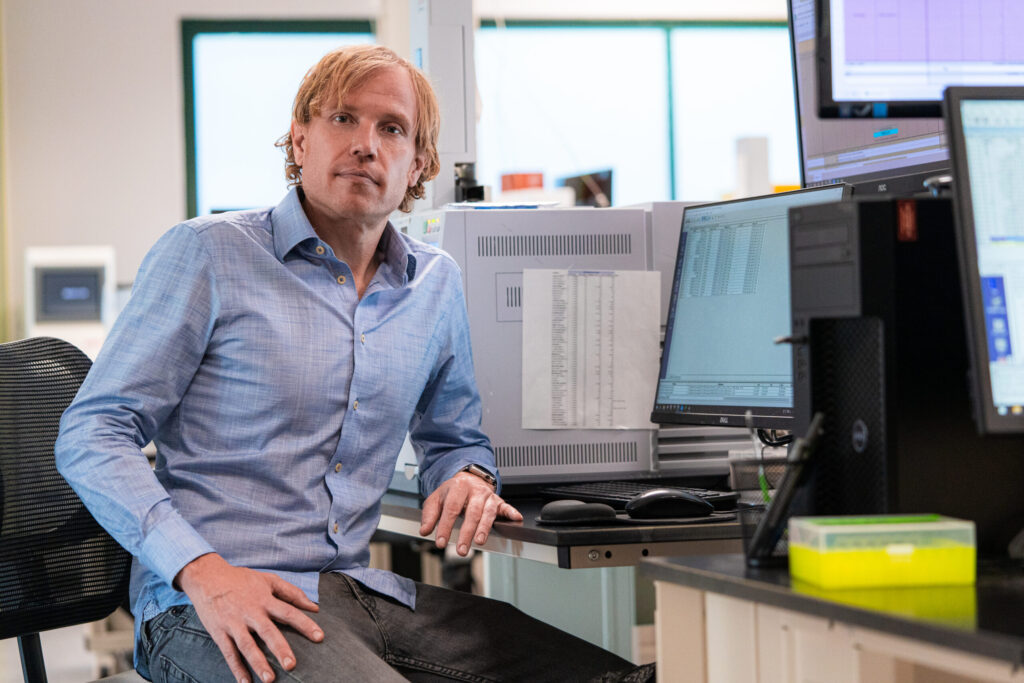
Very few states are exactly the same. There is no broad consensus.
As many hemp and CBD manufacturers have discovered, the regulations governing CBD in one state don’t easily translate to another. Dixon explained how “each state has its own really unique take on how to regulate cannabis and hemp.”
From Dixon’s experience, with the increasing acceptance of these products, “we’ve seen this growing interest, especially on the hemp side of various sized clients, who are really interested in selling products that can meet and exceed state-established guidelines in all 50 states.”
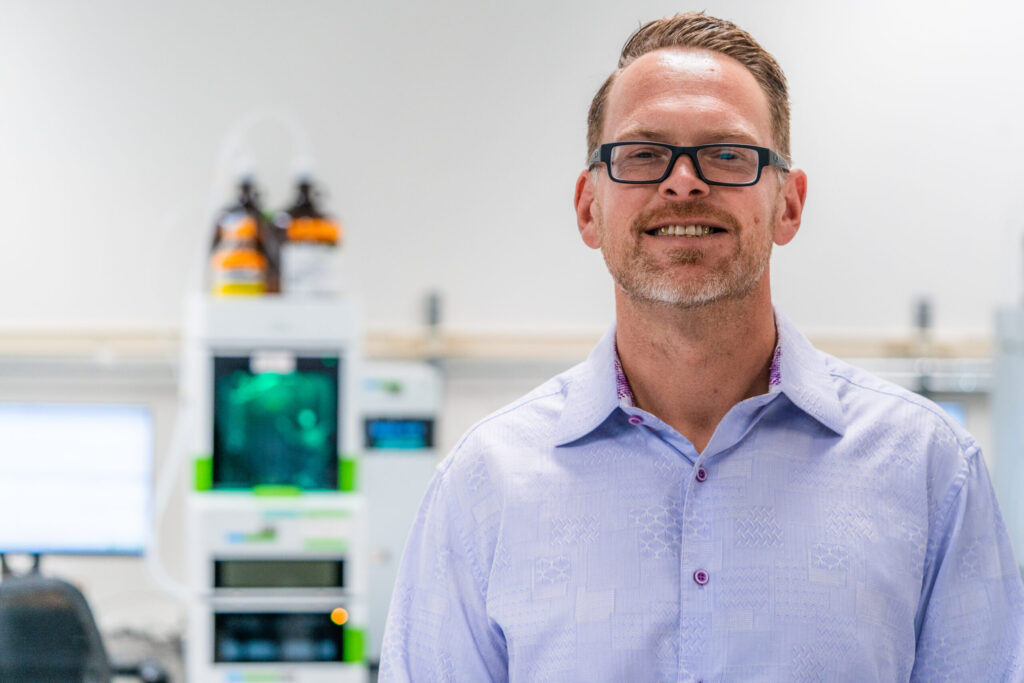
Wurzer confirmed that “it’s generally not the state’s responsibility to regulate on such a granular level the specifications for every type of nutraceutical sold within the state.”
However, in other consumer sectors, like cosmetics or nutraceuticals, direction comes via a national regulatory body. With federal CBD regulations slow to roll out, states have largely been left to their own devices for hemp consumer goods.
To complicate matters further, it’s not as simple as adopting a regulatory framework from another sector — say cosmetics or the food industry — and applying it to hemp.
Hemp is already formulated within a wide range of consumer products, from nutraceuticals to beauty products to foodstuffs. The regulations governing the safety of one doesn’t always work across the board.
No Shortcuts: A Methodical Approach to a Nationally Applicable Testing Panel
SC Labs began working on a comprehensive list for the first truly national hemp panel in the spring of 2021, after a request from a large multinational supermarket.
Aiming to bring a line of CBD products online across all 50 states, the retailer needed guidance on current testing standards. How could they bring a hemp-derived product to market and ensure it would meet all available consumer safety standards?
On the surface, this seemed like a simple task: identify which states even had requirements for hemp-based products.
But, as SC Labs quickly found out, it was a massive undertaking, requiring a dedicated, full-time researcher since its inception. The initial phase of the research process uncovered the fact that nearly 50% of states had relevant guidelines.
The second step proved significantly more complex.
SC Labs then began the process of systematically reviewing each state’s requirements for the specifics. For example, what were the detailed regulations, what tests were required, and what were the requirements for those tests?
Finally, layered on top of each state’s hemp and CBD testing protocols are the state-level laboratory licensing and accreditations, which also vary from state to state.
A lab working in Maine may not meet the accreditation and licensing standards of one in Colorado — meaning the test results also wouldn’t translate well.
Every state may have started from the same place, but as SC Labs discovered, each tended to add a bit of local emphasis, a different layer of administration. Researching, compiling, and analyzing a puzzle of regulations was no small feat.
Dixon spoke to several notable curve balls. He detailed that California “took a really progressive approach in how they were going to be regulating microbiology in cannabis testing.”
On the flip side, Colorado was the strictest for pesticides in hemp, while Connecticut focused on mycotoxins. In Wurzer’s words, “Very few states are exactly the same. There is no broad consensus.”
The Comprehensive Quality Assurance Test Package for Hemp
SC Labs worked with this vast accumulation of data to distill it into a set of requirements that would work across the country. The end result? The Comprehensive Quality Assurance Test Package. The panel covers five distinct categories, plus a final foreign material inspection.
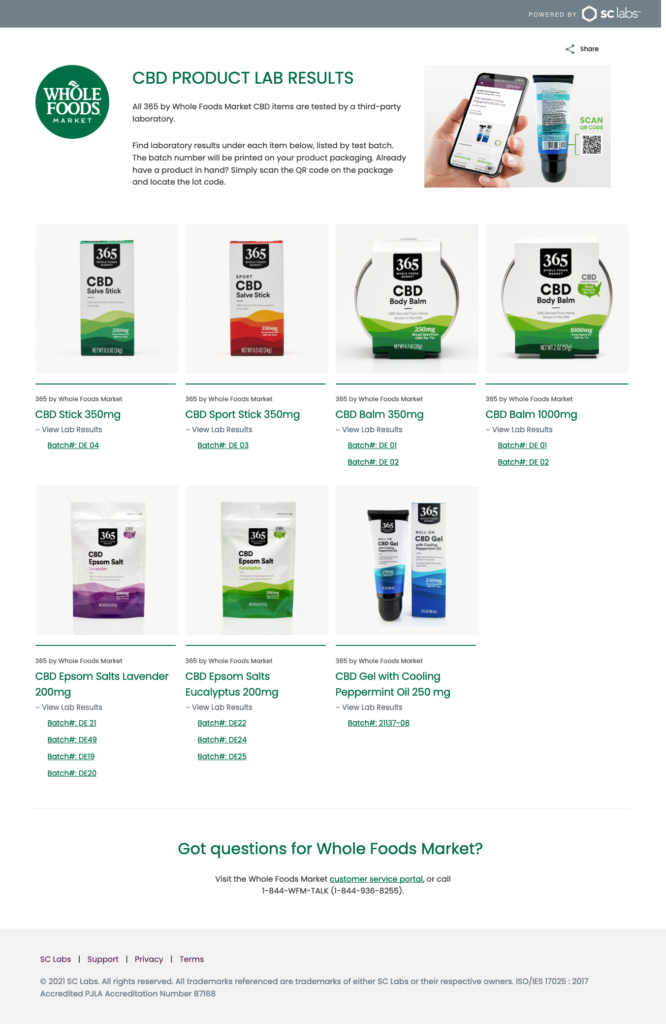
Cannabinoids:
The detailed panel tests for 15 cannabinoids, including the main active ingredients: CBD and THC. Minor cannabinoids and manufactured cannabinoids, like Delta-8, are also covered.
Chemical Contaminants:
The panel tests for 104 chemicals, including pesticides, miticides, fungicides, herbicides, insecticides, plant growth regulators, and other chemical residues.
Microbiological:
The microbiological requirements include testing for mold, yeast, and other living pathogens, including specific species of microorganisms linked to adverse health outcomes. Mycotoxins are also included here.
Water Activity:
An in-depth water activity component measures water content in relation to the risk of mold. Specific formulations can lead to greater risk, depending on ingredients.
Heavy Metals:
The heavy metals panels cover the big four: lead, arsenic, mercury, and cadmium.
Finally, A National Solution for CBD and Hemp
This single panel meets the hemp and CBD testing requirements for all 50 states.
In addition, it has received ISO accreditation and meets quality testing standards from organizations like United States Pharmacopeia (U.S.P), American Herbal Products Association (AHPA), and American Herbal Pharmacopoeia (AHP).
It has also passed necessary state-level certifications (required in Colorado).
Will SC Labs comprehensive testing panel finally nationalize the American CBD market?
With consumer safety and product quality top of mind, this is genuinely the first-ever nationally applicable hemp testing panel, designed to work across all markets.
As products start hitting shelves across the country — proven via the robust panel developed by SC Labs — the next evolution of the U.S. hemp and CBD market may well be upon us. ϖ
Author
-
Jessica McKeil is a cannabis writer based in British Columbia, Canada. She has a passion for cannabis tech and scientific breakthroughs, which has led her to work with some of the industry's biggest brands. She is the owner and lead-writer of Sea to Sky Content (httpsss://www.seatoskycontent.com/); a content company focused on improving organic traffic through the power of words.



